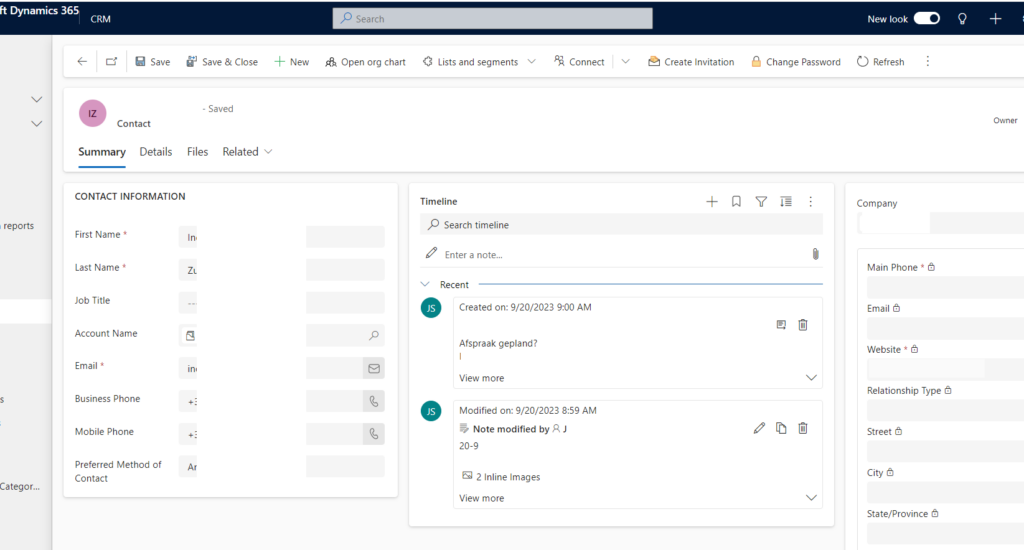We strongly recommend comparing CRM systems based on your sector, business type. This will ensure that you choose software that fits your situation perfectly.
Below we have listed several CRM systems by sector, company type and complexity of the package. Good luck with your comparison!
Are you looking for a relatively simple CRM package? Then compare and choose from this list:
Want to know more about these simple packages? Read all about them on our page containing 6 simple CRM systems.
Use our list of CRM packages for SMEs to compare and find your best one!
Want to see more packages? You'll discover it on our page of 11 CRM systems for SMBs.
Are you a really small business? Then we suggest to take a look at our list with 5 best CRMs for small companies
In our opinion, these are the packages that best suit associations.
Want to know more about how to pick a CRM package as an association? Then check out our page elaborating on the best CRM systems for associations.
Are you responsible for choosing a CRM package for your sales department?
Then you understand that Sales, within a CRM system, is looking for specific features.
The list of systems below excel in simple contact management, tracking interactions with customers and contacts, and in setting reminders and tasks.
Want to know more about unmissable CRM functionalities for Sales? And want to know how a sales department selects the right package? Find out all this on our page specifically for sales departments looking for a CRM solution.








